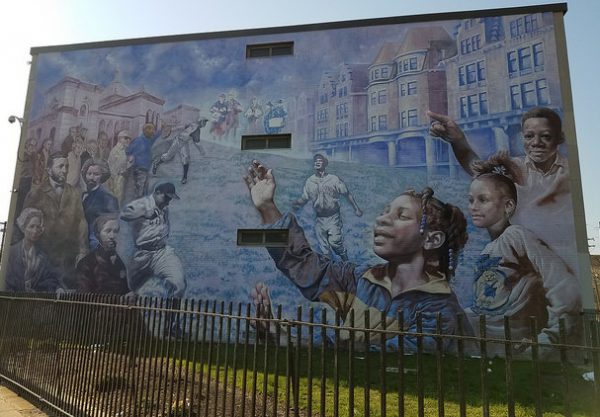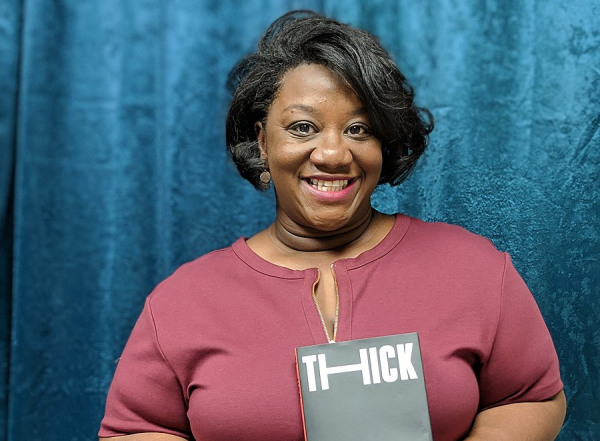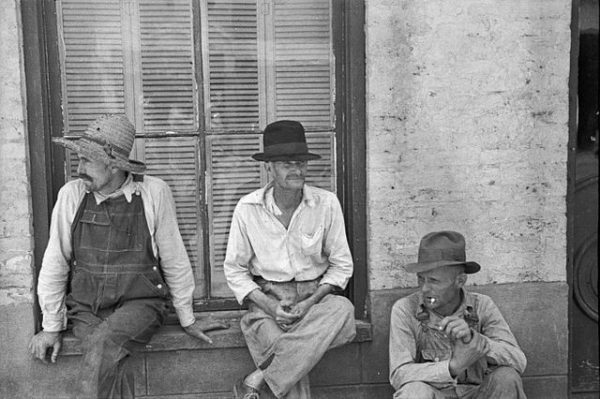It’s Black History Month, and we at TSP have rounded up some of our favorite, timeless posts about the history, meaning, and importance of celebrating black history. These #TSPClassics include articles about Black History Month itself, as well as articles about research related to racial identity, racism, and anti-racism. Read about Black scholars’ early contributions to social sciences, recent innovations in scholarship about race, ongoing issues of racism and inequality, new strategies and actions in advocacy, and much more below; happy Black History Month!
From Our Main Page
Did you know W.E.B DuBois was a pioneering sociologist? Read more at “What Would W.E.B DuBois Do?”

Read about black women’s advanced sociology and social science at “Unearthing Black Women’s Early Contributions to Sociology.”
Read about why the idea of a “white history month” ignores the history of race and racism at “Why We Don’t Need a White History Month.”
“Black Panther,” one of the most successful movies in the Marvel universe, was a momentous film for black representation and imagery in Hollywood. Read more at “Black Panther as a Defining Moment for Black America.”
The word “racism” can mean a lot of different things in different contexts; read about different definitions, forms, and research traditions regarding “racism” in the USA at “Different Dimensions of Racism.”
Even in the 21st century, Black Americans have to navigate racist stereotypes, imagery, and perceptions, and many learn such strategies at a young age. Read about related parenting strategies and challenges at “How Black Mothers Struggle to Navigate ‘Thug’ Imagery.”
Recent research about black identities, experiences, and community analyzes how themes studied by early sociologists of race relate to twenty-first century technology, such as social media platforms and digital communication. Read more about these and other new research directions at “A Thick Year For Tressie McMillan Cottom.”

Black athletes represent a new generation of leaders and anti-racist advocates; read more at “A New Era of Athlete Awareness and Advocacy.”
Should educators promote colorblind rhetoric in the classroom? Read about problems with colorblind teaching practices at “Color-Blind Classrooms Socialize Students to Disregard History.”
Research shows that skin color intersects with race and racial identity in ways which perpetuate racial inequality. Read more at “Skin Color, Self-Identity, and Perceptions of Race.”
Social norms, rules, and laws about mixed-race relationships have changed drastically across history, but many issues of inequality and identity remain for contemporary multiracial families. Read more at “Navigating Multiracial Identities.”

From Our Partners and Community Pages
Soc Images
Rural Appalachia is often discussed as a mainly-white region, but did you know about the richness of black history in the mountains? Read more at “Hidden Black History in Appalachia.”


Comments